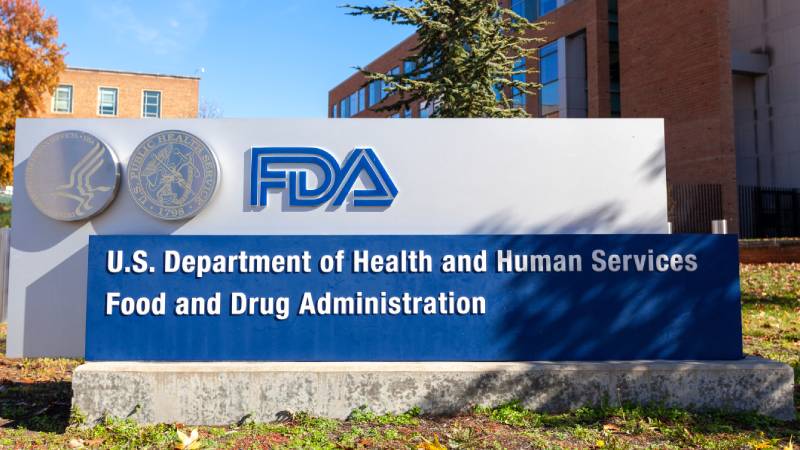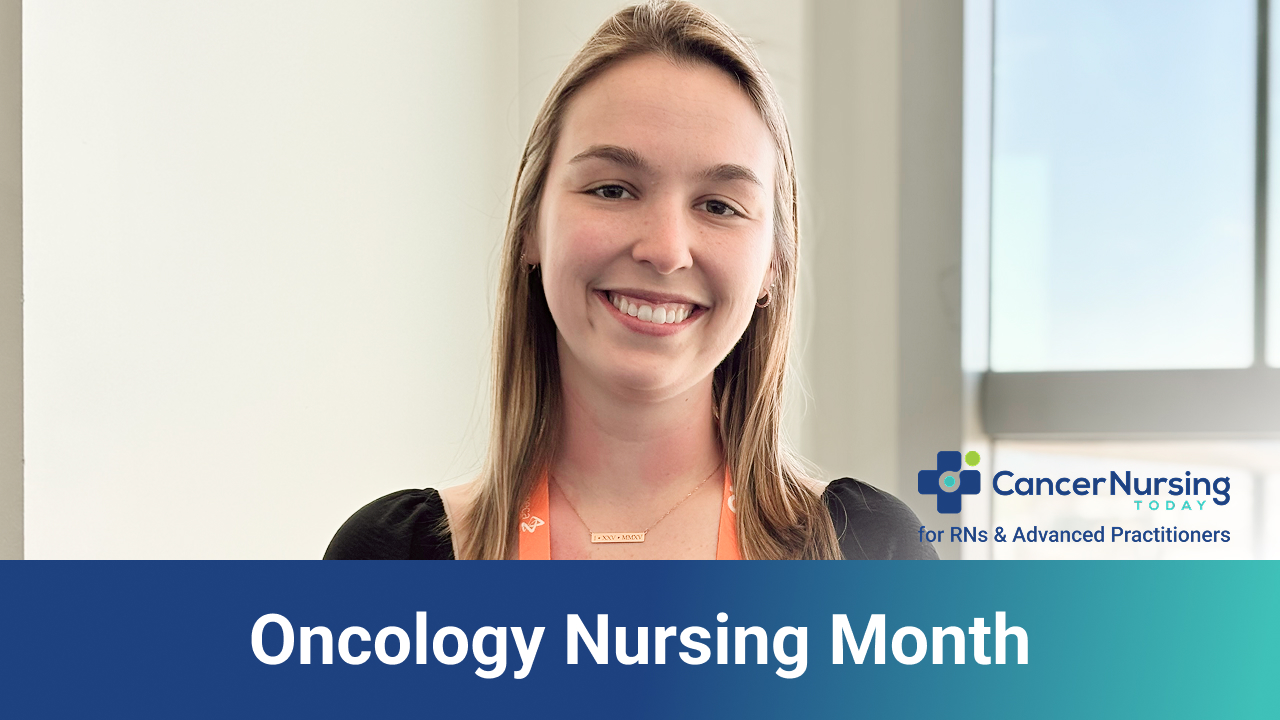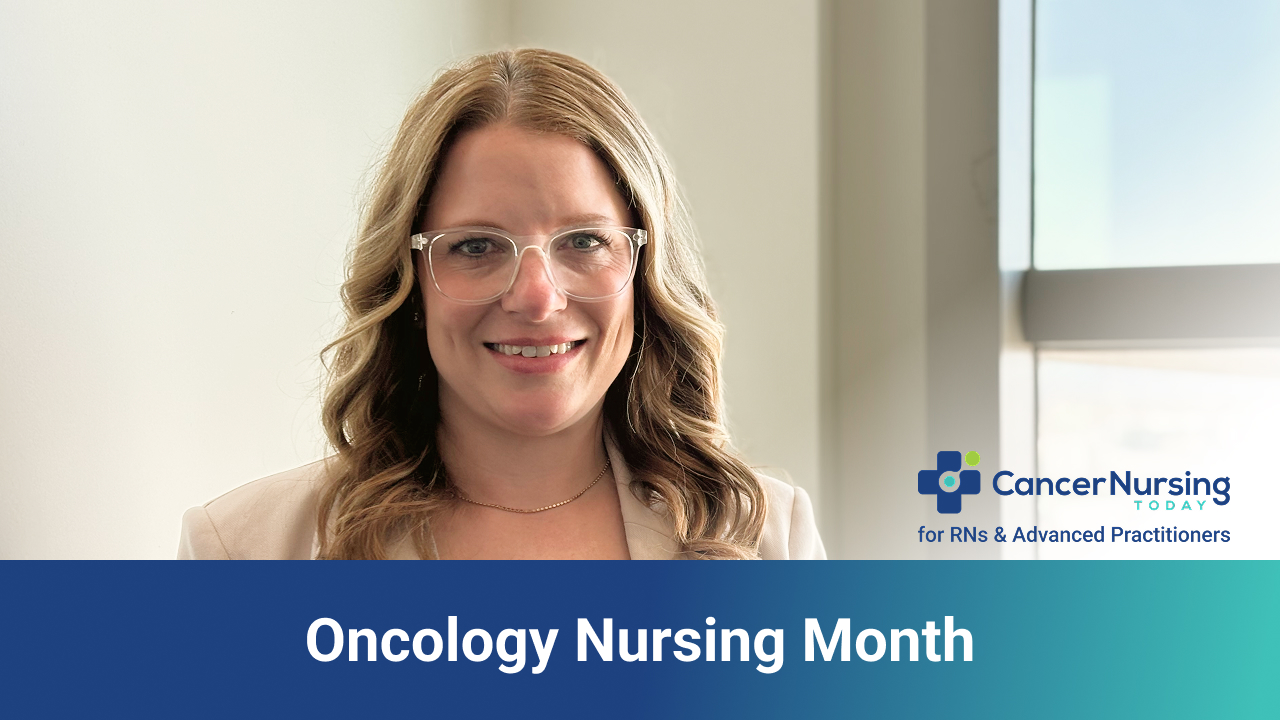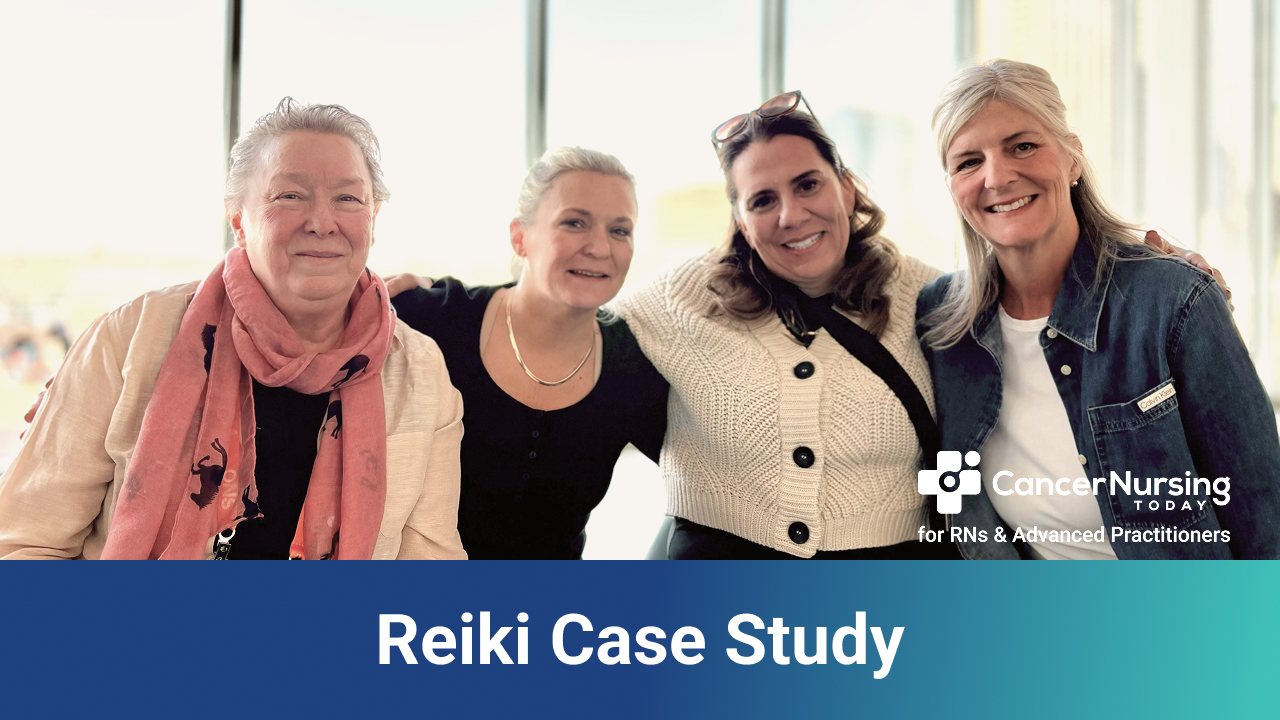Researchers investigated underlying drivers of HRQOL degradation in CLL, including muscle weakness and fatigue.
Lymphoma
Explore the newest discoveries and latest clinical insights on lymphoma. Cancer Nursing Today provides the most current perspectives and data on predictive models for the prognosis of patients with diffuse large B-cell lymphoma, toxicities in triplet therapies, CAR T-cell therapies, and more. Explore the latest clinical trial data, conference coverage, and breaking news on lymphoma.
Advertisement
Pierluigi Porcu, MD, discusses the phase II Tellomak trial and how nurses can help patients manage this rare disease.
Beth Faiman, PhD, MSN, APN-BC, AOCN®, BMTCN®, FAAN, FAPO, discusses her experiences and shares resources.
Hear about an NP's journey into hematologic oncology and how she has seen the treatment landscape evolve.
It's the first subcutaneously administered T-cell engaging bispecific antibody approved in the US to treat these patients.
Lorna Warwick discusses how nurses can connect patients with resources from the coalition and its member organizations.
Lorna Warwick, CEO of Lymphoma Coalition, discusses how nurses can strengthen bonds with patients through communication.
Lorna Warwick discusses the important role that nurses serve in ensuring patients receive care and information.
Ms. Warwick discusses what nurses should know about results from the coalition's global patient survey.
Educational content focused on the pre-HSCT work-up process, chemotherapy, and transplant admission expectations.
Nurses reported that they were “keenly aware of how disruptive the environment is for patients and their families."
Trending
Studying for certification tests can be intimidating. Here are some essential tips to help you do your best.
These tips are important resources for oncology nurses who are recent graduates and experienced nurses new to this specialty.
With the shift in cancer care to the ambulatory care setting, a dedicated oncology nurse educator is a key asset to nurses.
Gastroparesis occurs in 60% of patients with advanced pancreatic cancer, and is frequently overlooked in upper GI tumors.
More unique, non-traditional jobs are emerging for oncology nurses to consider outside traditional positions.
Alkaline phosphatase may serve as a discriminating marker in detecting bone lesions in patients with multiple myeloma.





















 © 2025 Mashup Media, LLC, a Formedics Property. All Rights Reserved.
© 2025 Mashup Media, LLC, a Formedics Property. All Rights Reserved.